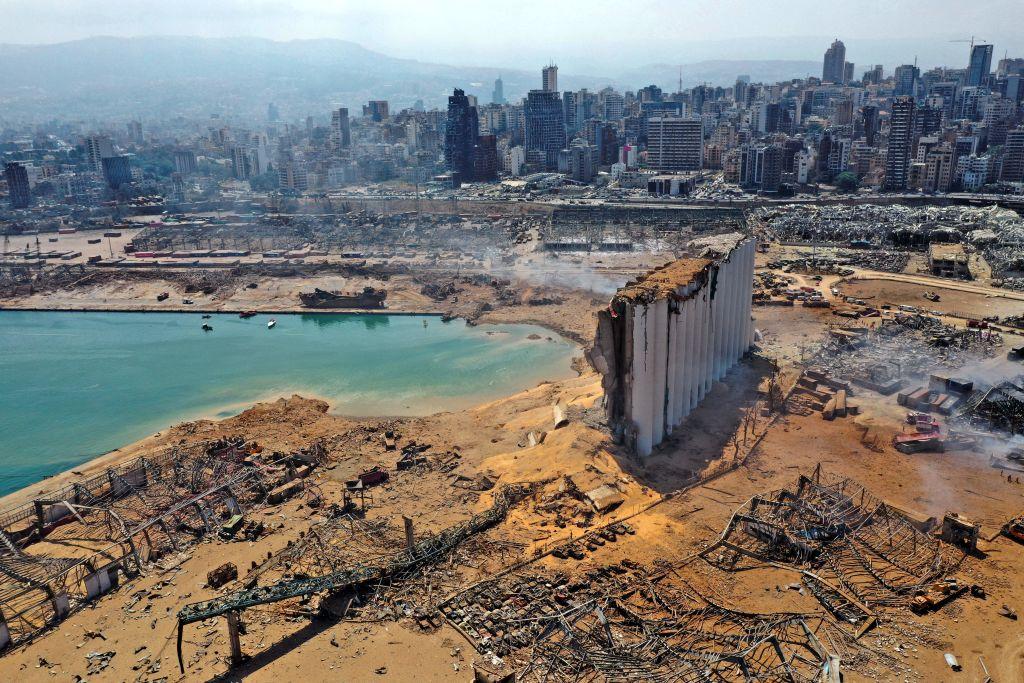The devastation caused by the explosion at the port in Beirut Aug. 4 aggravated the already existing economic crisis and was a catalyst for Lebanese people to demand reforms.
Lebanese people see the incident is a symptom of larger problems in the country believing “leaders have been ignoring their responsibility to meet the needs of the people, and have resisted the kind of deep fundamental reforms that are needed—transparency and accountability,” State Under Secretary for Political Affairs David Hale said at a press briefing after his visit to Beirut.





